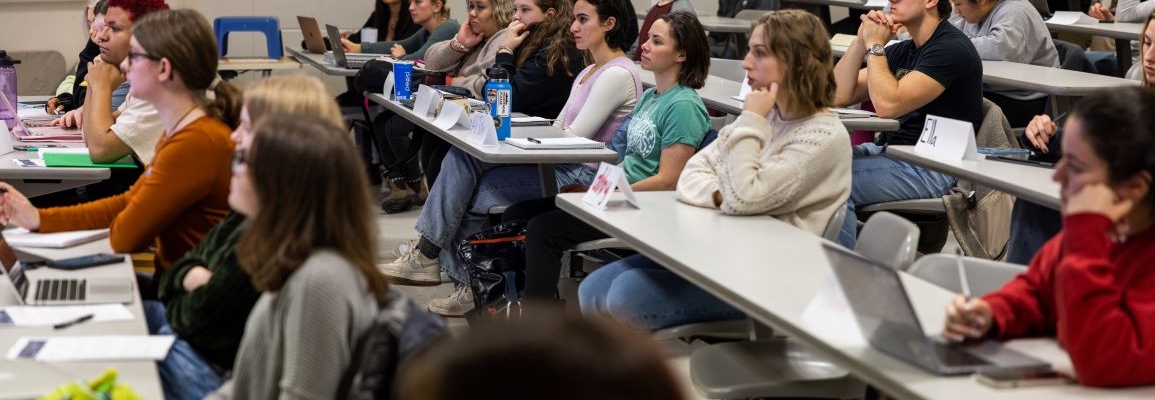Universal Design for Learning is a teaching strategy that aims to create a flexible and inclusive learning environment for all students. A UDL approach is accessible and diverse, and promotes teaching strategies that reach a variety of learners in a higher-ed classroom including non-traditional students, those with disabilities, learning differences, Autism, ADHD, and other forms of neurodivergence. UDL helps to engage students, makes the course material more clear, and leverages the skills and attributes of the diversity of learners to benefit everyone in the learning environment.
The UDL Guidelines are produced by CAST and offer three main ways to design an educational environment based on multiple means of engagement, prepresenation, and action & expression. UDL on Campus pertains specifically to UDL in higher education. College professors can make their courses more accessible to all students by incorporating the UDL guidelines into their course design, often eliminating the need for some of the most common accommodation requests such as extra time on tests and note-takers. In addition, using UDL principles makes the course more inclusive for all kinds of learners, not just the neurodivergent or otherwise disabled students. Students who come from different cultural backgrounds, non-traditional students, working students, veterans, parents who are also students, and many more benefit from a well designed UDL class environment, whether online or in-person.
Lillian Nave, Faculty and Educational Development Specialist for CETLSS in Hickory, is the host of the Think UDL Podcast. This podcast is dedicated to increasing the conversation about UDL in higher education and provides an outlet for higher education and workforce professionals to share their ideas, innovations, accomplishments around UDL. Think UDL has over 100 episodes and more than 80,000 downloads worldwide. Each episode includes a full transcript and further resources related to the conversation. The podcast can be found anywhere you listen to podcasts (Apple podcasts, Spotify, Podbean, Overcast, Castro, Stitcher, Amazon Music, TuneIn, Deezer, Just Listen, Player FM, iHeart, Wisdom, etc.) as well as on the website ThinkUDL.org.
